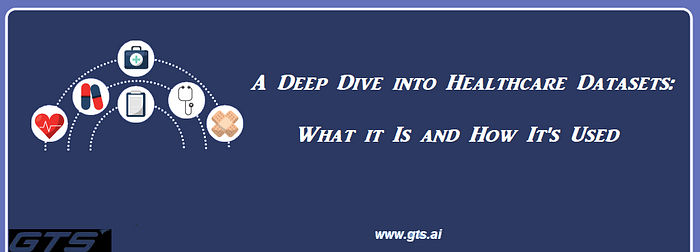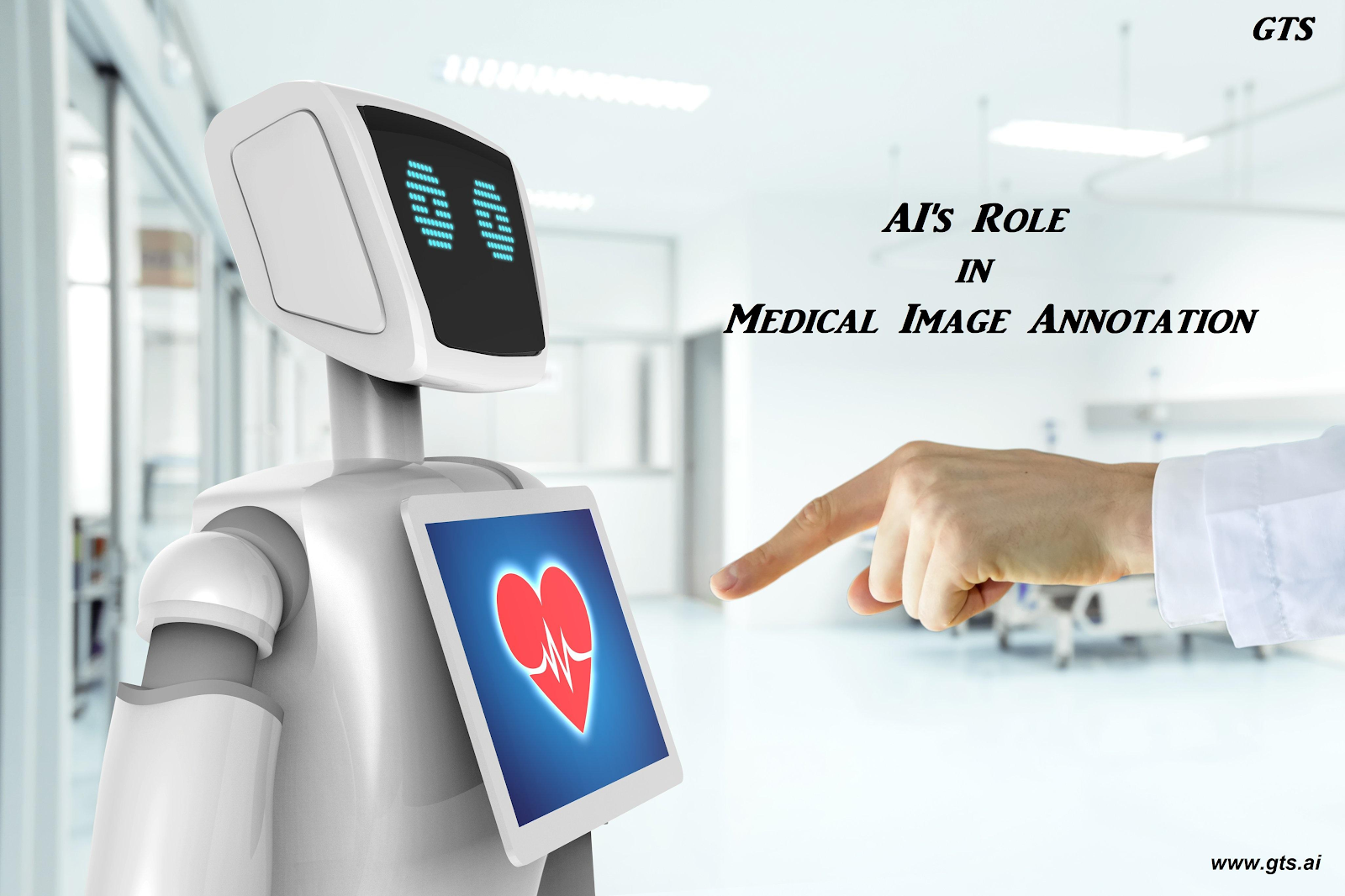A Deep Dive into Healthcare Datasets: What it Is and How It’s Used
Healthcare datasets are a critical component of the healthcare industry, providing valuable information on patient care, healthcare utilization, and healthcare outcomes. In this blog post, we will take a deep dive into healthcare datasets, exploring what they are, how they’re used, and their impact on the healthcare industry.

What are Healthcare Datasets?
Healthcare datasets are collections of data related to patient care, healthcare utilization, and healthcare outcomes. These datasets are generated from a variety of sources, including electronic health records (EHRs), claims data, patient-generated data, and research studies.
Healthcare datasets can be used to answer a wide range of questions related to patient care, healthcare utilization, and healthcare outcomes. For example, healthcare datasets can be used to:
- Identify trends in healthcare service usage
- Evaluate healthcare quality
- Identify areas where healthcare costs can be reduced
- Develop new treatment protocols
- Inform healthcare policy decisions
Types of Healthcare Datasets
There are several types of healthcare datasets, each with their own unique characteristics and uses. Some of the most common types of healthcare datasets include:
- Electronic Health Records (EHRs): EHRs are digital versions of patient medical records. EHRs contain information on a patient’s medical history, including diagnoses, medications, lab results, and imaging studies.
- Claims Data: Claims data is generated every time a healthcare service is provided and billed to an insurance provider or a government agency. Claims data includes information on the patient, the provider, the services provided, and the associated costs.
- Patient-Generated Data: Patient-generated data is data that is collected directly from patients, such as through wearable devices or patient portals. Patient-generated data can provide valuable insights into patient behavior and health status.
- Research Datasets: Research datasets are collections of data that are generated as part of a research study. Research datasets can include information on patient characteristics, treatment protocols, and outcomes.
How are Healthcare Datasets Used?
Healthcare datasets are used for a wide range of purposes in the healthcare industry, including:
- Monitoring healthcare utilization: Healthcare datasets can be used to monitor healthcare utilization and identify trends in healthcare service usage. This information can be used to help healthcare organizations make informed decisions about resource allocation and capacity planning.
- Evaluating healthcare quality: Healthcare datasets can be used to evaluate healthcare quality by monitoring patient outcomes, identifying areas where quality can be improved, and tracking performance metrics. This information can be used to help healthcare organizations improve patient care and outcomes.
- Managing healthcare costs: Healthcare datasets can be used to manage healthcare costs by identifying areas where costs can be reduced or where cost-effective alternatives are available. This information can be used to negotiate better prices with providers, develop cost-effective treatment protocols, and manage the costs of prescription drugs.
- Developing new treatment protocols: Healthcare datasets can be used to develop new treatment protocols by identifying patterns in patient data that can be used to inform new treatment strategies.
Impact o Healthcare Datasets on the Healthcare Industry
Healthcare datasets have had a significant impact on the healthcare industry, providing valuable insights into patient care, healthcare utilization, and healthcare outcomes. Here are a few ways that healthcare datasets have impacted the industry:
- Improved patient outcomes: Healthcare datasets have been used to develop new treatment protocols and improve healthcare delivery, resulting in improved patient outcomes and better quality of life.
- Increased cost-effectiveness: Healthcare datasets have helped healthcare organizations to identify cost-effective alternatives and negotiate better prices with providers, resulting in cost savings for patients and payers.
- Informed policy decisions: Healthcare datasets have been used to inform policy decisions at the local, state, and federal levels, resulting in more effective healthcare policies and regulations.
- Enhanced research and development: Healthcare datasets have been used to inform research and development in the healthcare industry, resulting in new drugs, devices, and treatments that improve patient care and outcomes.
Challenges Associated with Healthcare Datasets
While healthcare datasets have many benefits, there are also several challenges associated with their use. Some of the most common challenges include:
- Data quality: Healthcare datasets may contain errors or omissions, which can impact their usefulness for research and analysis purposes.
- Data privacy: Healthcare datasets contain sensitive information about patients, including their medical conditions, treatments, and costs. It is important to ensure that this information is protected and used only for legitimate purposes.
- Data fragmentation: Healthcare datasets may be fragmented across different providers and payers, making it difficult to obtain a comprehensive view of patient care and healthcare utilization.
- Data interoperability: Healthcare datasets may be stored in different formats and systems, making it challenging to integrate and analyze the data effectively.
Conclusion
Healthcare datasets are a valuable resource for the healthcare industry, providing insights into patient care, healthcare utilization, and healthcare outcomes. They are used for a variety of purposes, including monitoring healthcare utilization, evaluating healthcare quality, managing healthcare costs, developing new treatment protocols, and informing healthcare policy decisions. While there are challenges associated with the use of healthcare datasets, the benefits are clear. As the healthcare industry continues to evolve, healthcare datasets will play an increasingly important role in shaping healthcare policy and improving patient outcomes.
Healthcare Datasets and GTS
Collecting Healthcare Datasets in ML is not easy. There are a ton of things to consider. That’s why we at Global Technology Solutions are known to provide quality medical data collection that is useful in making healthcare models. Our process is fully customized and our name is appreciated among big industries, and players.



Comments
Post a Comment